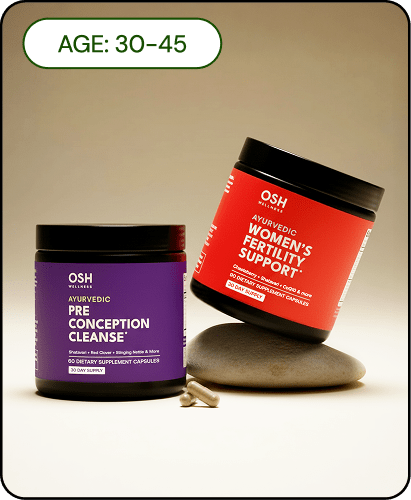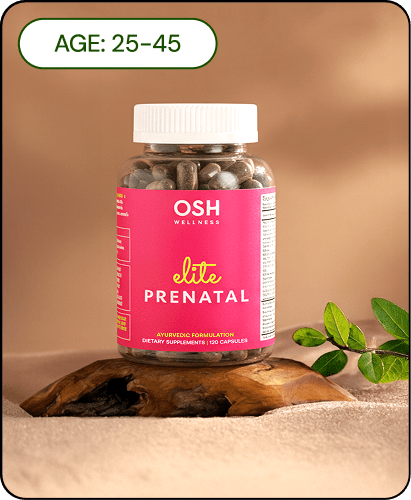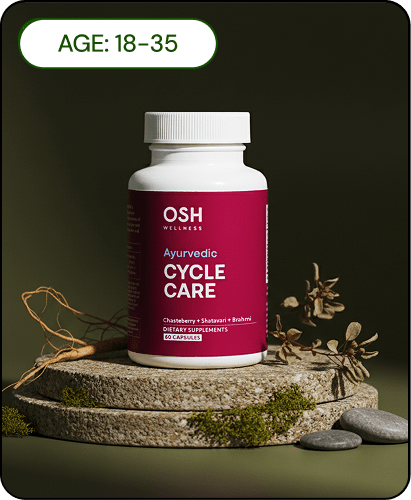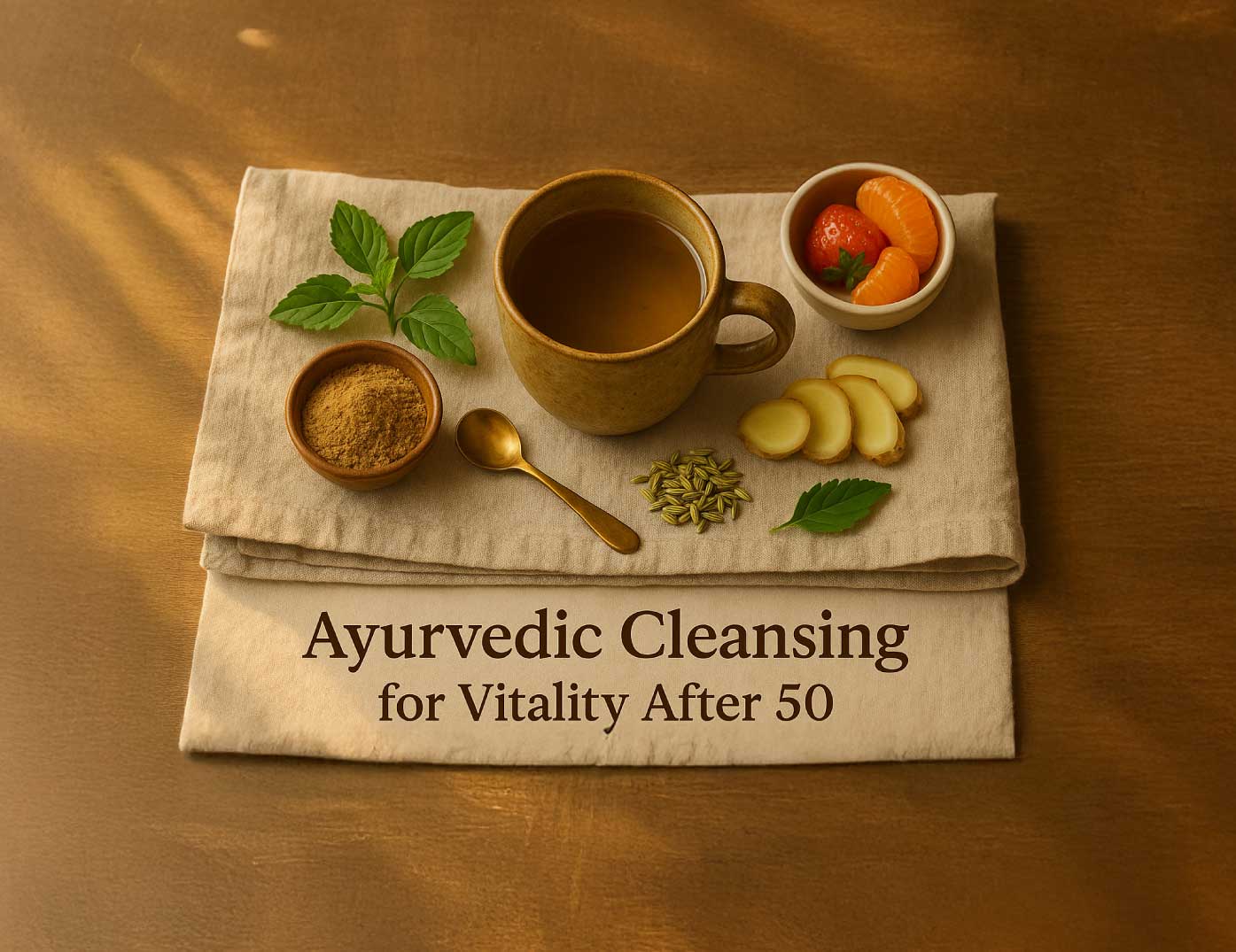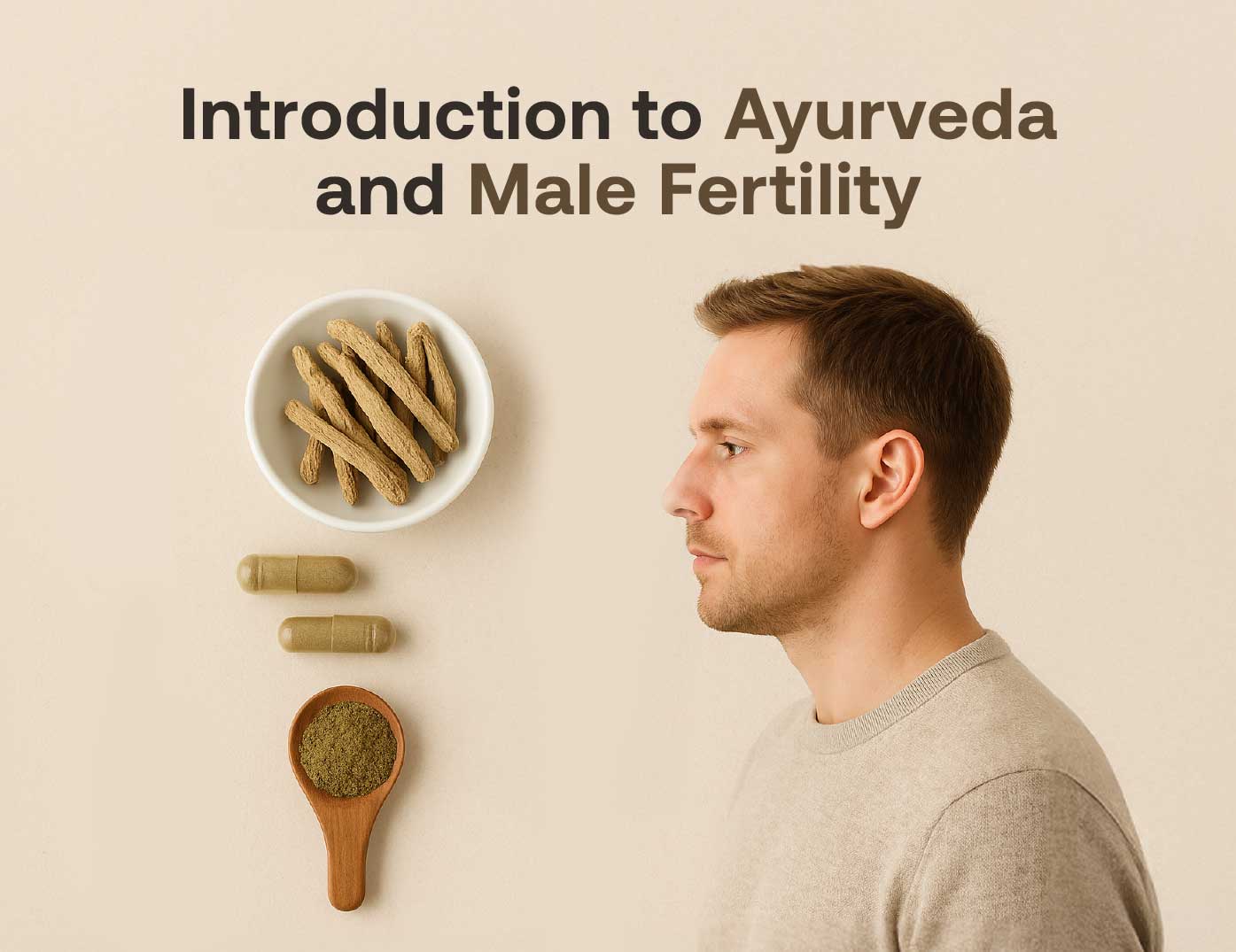Table of contents
As individuals navigate the aging process, maintaining vitality becomes increasingly important, particularly after the age of 50. Ayurvedic cleansing offers a holistic solution to rejuvenate both body and mind, effectively restoring digestive health and emotional balance. This article explores the principles of Ayurvedic detoxification and its importance as we age, detailing how personalized cleansing helps harmonize bodily functions affected by aging.
Understanding Ayurvedic Cleansing

Ayurvedic cleansing, particularly through therapies like Panchakarma, plays a critical role in promoting rejuvenation for individuals over 50. Aging introduces several physiological challenges, including the accumulation of toxins (ama), a decline in digestive fire (Agni), and increased Vata, often manifesting as dryness, fatigue, and tension. These factors can significantly compromise physical wellness and mental clarity [1].
This detoxification process is not merely about eliminating harmful substances it also supports cellular regeneration and enhances nutrient absorption, which are both essential for maintaining vitality as we age [2]. Since Vata increases with age and brings imbalance, targeted cleansing therapies are instrumental in recalibrating the doshas to improve overall health outcomes.
Effective rejuvenation begins only after cleansing, allowing herbs and therapeutic strategies to be more bioavailable and impactful. These methods also address modern concerns, including environmental toxins and stress, by supporting the endocrine system and enhancing immune resilience [3].
Regular cleansing rituals can also improve longevity and quality of life. Preliminary research suggests these practices influence metabolic pathways and can alleviate numerous age-related conditions, reflecting the Ayurvedic expertise in balance and vitality [4].
The Importance of Digestive Health With Age

In Ayurveda, digestive health is centered around Agni, or "digestive fire", which is crucial for vitality, immunity, and mental clarity. A well-known Ayurvedic adage states, “a person is as youthful as their Agni,” underscoring its role in preventing premature aging [5].
As individuals grow older, Agni may weaken, leading to poor digestion, reduced nutrient absorption, and toxin accumulation (ama). These imbalances often contribute to fatigue, inflammation, and age-related disease. Maintaining strong Agni is associated with better energy levels, immunity, cognitive function, and even skin integrity [6].
Scientific studies affirm Ayurveda’s understanding, showing that disrupted digestive function and altered gut microbiota can contribute to chronic metabolic disorders. Aging, medication use, and sedentary lifestyle all play a role in impairing digestion [7]. To enhance digestive strength, strategies include:
Consuming warm, cooked meals in line with circadian rhythms
Avoiding raw and processed foods
Supporting gut microbiome through fermented or probiotic-rich foods
These practices reinforce digestive health, which is vital as one ages.
Balancing Doshas Through Cleansing

Over time, Vata dosha naturally increases, bringing traits like dryness, lightness, and movement. This leads to common age-related symptoms such as joint stiffness, anxiety, and dry skin [8]. An Ayurvedic cleanse can provide a powerful method to restore equilibrium among the doshas and promote mental and physical well-being.
Such cleanses calm the nervous system, alleviate emotional instability, and promote clarity of thought [9]. Furthermore, digestive relief from constipation or bloating, frequent issues in older adults, is a key detox benefit [10].
Cleansing also facilitates:
Toxin elimination and immune support [11]
Preparation for nourishing, rejuvenative therapies
Improved joint and bone health
Importantly, balanced Vata nurtures wisdom and emotional maturity, reinforcing the importance of properly guided cleanses during later life stages [12].
Nutritional Strategies for Effective Cleansing

Diet is central to Ayurvedic cleansing. During the preparation phase, eliminating processed foods, caffeine, and sugar sets the foundation for deep detoxification. Emphasis is placed on warm, whole food meals with easy digestibility.
The active cleansing phase typically features kitchari (a mix of mung beans and rice) served with cooked vegetables. This staple meal supports detox while allowing the digestive system to rest [9]. Ideal diet guidelines for those over 50 include:
Opting for warm, cooked meals containing Vata-pacifying ingredients like root vegetables and ghee
Using digestive spices such as cumin, ginger, and turmeric [13]
Avoiding raw foods and emphasizing soups and stews
Incorporating Ayurvedic herbs like Haritaki and Tulsi enhances the cleansing process. Daily practices such as abhyanga (warm oil massage) further nourish bodily tissues and promote healing [14].
A sample cleanse might include:
Breakfast: Kitchari and warm herbal tea
Lunch: Spiced vegetable soup
Dinner: Lightly cooked greens and grains
These nutritional strategies ensure safe, effective cleansing while reinforcing digestive resilience for midlife health [15].
Daily Rituals to Enhance Cleansing Effects

Dinacharya, or Ayurvedic daily routine, is a cornerstone of any effective cleansing regimen. These daily practices contribute to systemic detox and mental balance:
Tongue scraping & oil pulling to remove toxins and enhance oral health [16]
Hydrating with lemon-infused warm water to boost digestion [17]
Gentle yoga and pranayama to mobilize toxins and ease mental stress [18]
Synchronizing activities with the natural cycles of the doshas (Vata, Pitta, and Kapha) helps optimize energy expenditure and internal balance. This alignment fosters an enriched relationship with nature and self, encouraging sustainable vitality in later years [19].
Real-Life Experiences and Cultural Perspectives

Ayurvedic cleansing, including Panchakarma therapies, has been shown to improve metabolic markers and alter the gut microbiome in beneficial ways [20]. Wellness retreats report significant benefits, including:
Enhanced mental clarity and emotional balance [21]
Renewed energy levels and reduced age-related discomfort [22]
Furthermore, Ayurveda treats aging not as a disease but as a natural evolution. The elderly are seen as reservoirs of wisdom, and Ayurvedic interventions aim to prolong vigor while nurturing mental, emotional, and social health [23]. This contrasts with conventional medicine, which often centers around symptom suppression.
Those who practice Ayurvedic cleansing embrace a cultural ethos that values the integration of body, mind, and spirit to cultivate a vibrant and purposeful life.
Relevant Products
Osh Wellness Hormone & Mood Support is formulated for women 40-60 to help balance shifting hormones and lower cortisol levels. It contains herbs like Moringa and Holy Basil that can help with detoxification and balance the doshas.
Conclusions

Ayurvedic cleansing provides a comprehensive path to rejuvenation well into the later decades of life. By strengthening digestion, balancing doshas, and incorporating mindful daily practices, you can experience increased vitality, focus, and resilience. These practices serve not only to treat, but to prevent, supporting a graceful and empowered aging process grounded in time-tested Ayurvedic wisdom.
FAQs
What are the signs of a weakened Agni?
Symptoms include bloating, fatigue after meals, constipation, and undigested food in stool.
How long should an Ayurvedic cleanse last?
Typically, 7–21 days, depending on individual constitution and health status.
Is it safe to perform a cleanse regularly after 50?
Yes, under supervision. Seasonal cleansing is often advised.
How can I tell if a cleanse is right for me?
Consult an Ayurvedic practitioner to evaluate dosha imbalances and readiness.
What lifestyle changes complement a cleanse?
Prioritize sleep, reduce stimulants, increase hydration, and follow a dosha-aligned routine.
Sources
1: PMC - The Role of Panchakarma in Detoxification and Health
2: Ayurvedic College - The Power and Importance of Ayurvedic Cleansing
3: Triveda - Cleansing the Ayurvedic Way
4: Dheemahi - Rejuvenation for Different Age Groups
5: Sweta Vikram - Agni and Ama
6: Reaveda - Importance of Agni
7: Nutrition Today - Digestive System and Aging
8: Charaka Ayurveda - Aging Gracefully
9: Banyan Botanicals - Ayurvedic Cleanse
10: G.S. Ayurvedic Medical College - Aging and Health
11: Ayush - Vata and Healthy Aging
12: Saumya Ayurveda - Emotional Cleansing
13: Ayurveda World - Ayurveda for Seniors
14: Kripalu - Spring Cleanse Ayurveda Style
15: The Ayurveda Experience - 50 Ayurvedic Herbs
16: Purusha Ayurveda - Daily Routine
17: Ayu Ayurveda - Daily Practices
18: Vedic Health - Dinacharya Explained
19: Paavani Ayurveda - Daily Routine Guide
20: PMC - Ayurvedic Interventions and Metabolic Health


